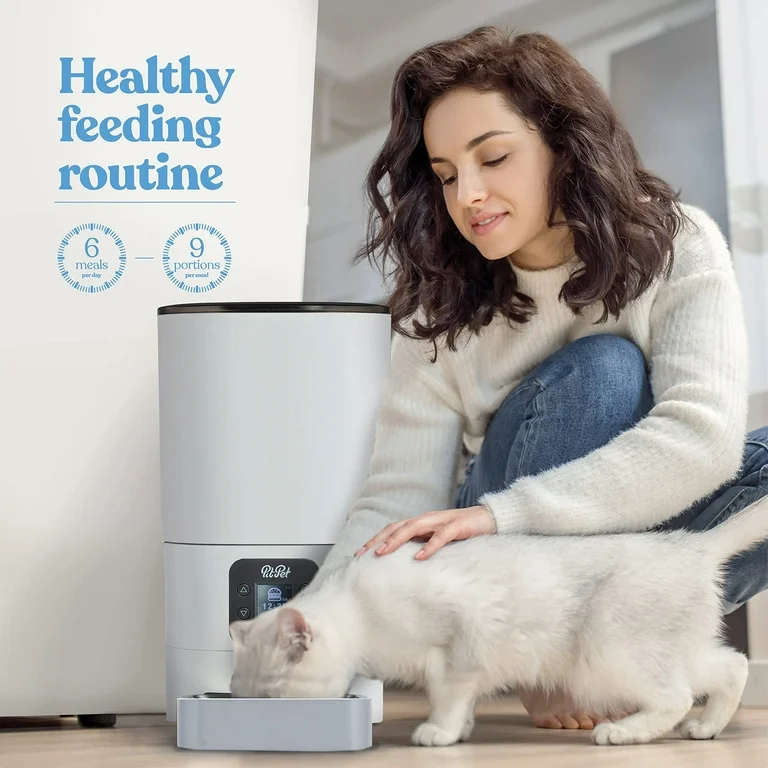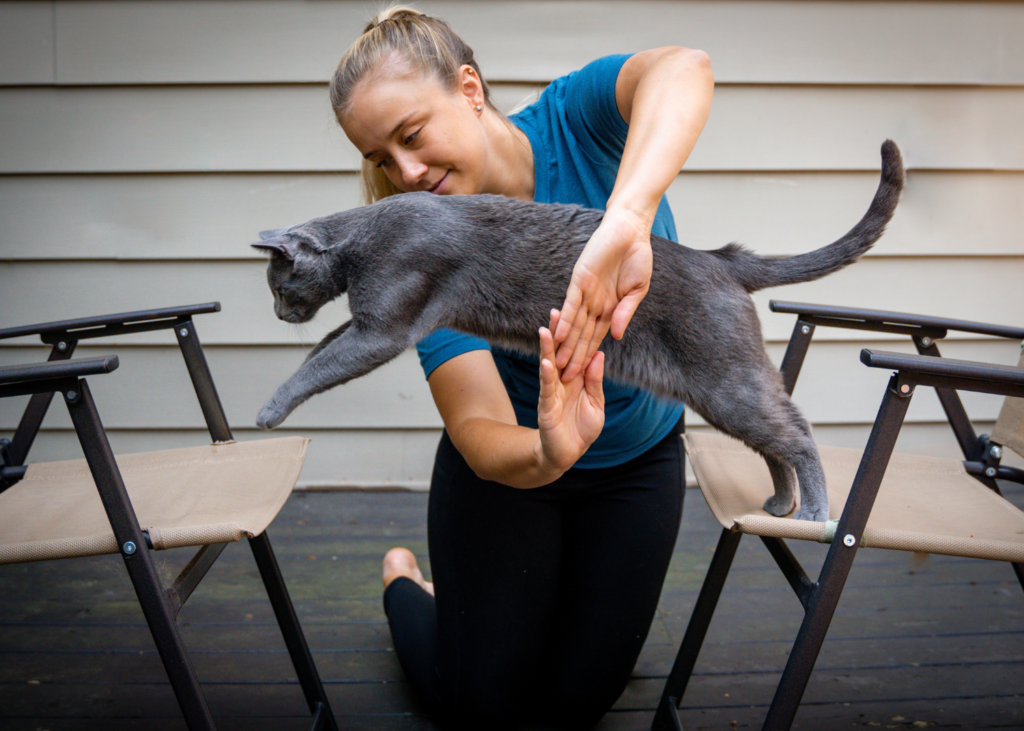When you bring a cat into your life, you’re committing to keeping them healthy and happy. One of the most crucial parts of feline healthcare is ensuring your cat gets the right injections at the right time. Vaccinations play a vital role in preventing serious diseases, protecting both your pet and your household. Whether you’re a new cat parent or have a senior feline companion, understanding cat injections is essential to being a responsible pet owner.
medicine: cat injection treatment

In this comprehensive guide, we’ll break down everything you need to know about cat injections, including the types, benefits, schedule, possible side effects, and post-vaccination care.
Read Next: Cat Eye Infections: Causes, Symptoms, Treatment, and Prevention
Why Are Cat Injections Important?
Feline vaccinations help stimulate the immune system to fight off potentially deadly diseases. Injections protect your cat against viruses, bacteria, and infections they may encounter both indoors and outdoors. Some diseases are airborne, while others can be spread through contact with other animals, surfaces, or even your clothing and shoes.
Vaccines also help reduce the risk of disease outbreaks in the community, making them vital not just for individual cats, but for feline populations overall.
Types of Cat Injections
Cat injections are broadly classified into two categories: core and non-core vaccines.
1. Core Vaccines
These are essential for all cats, regardless of lifestyle or location.
-
FVRCP Vaccine – A combination vaccine protecting against:
-
Feline Viral Rhinotracheitis (caused by feline herpesvirus)
-
Calicivirus
-
Panleukopenia (also known as feline distemper)
-
-
Rabies Vaccine – Rabies is fatal and can be transmitted to humans. Most countries and states require this vaccine by law.
2. Non-Core Vaccines
Recommended based on lifestyle, geographic area, or specific health conditions.
-
Feline Leukemia Virus (FeLV) – Recommended for kittens, outdoor cats, or those living in multi-cat households.
-
Chlamydia Vaccine – Prevents chlamydophila felis, a bacteria that causes conjunctivitis and respiratory issues.
-
Bordetella – Often recommended for cats in boarding facilities or shelters.
Kitten Vaccination Schedule
Vaccinations usually begin when kittens are 6–8 weeks old. A typical vaccination schedule looks like this:
-
6–8 weeks: FVRCP (1st dose)
-
10–12 weeks: FVRCP (2nd dose)
-
12–16 weeks: Rabies + FVRCP (3rd dose)
-
16–20 weeks: FeLV (if applicable)
After the initial kitten series, booster shots are typically administered one year later, followed by every 1–3 years, depending on the vaccine type and your vet’s recommendation.
Read Next: Why Is My Cat Losing Weight? Causes, Solutions & What To Do Next
Adult Cat Vaccination Schedule
Adult cats who haven’t been vaccinated as kittens will need two doses of core vaccines, given 3–4 weeks apart. Afterward, boosters are scheduled annually or triennially.
Consult your veterinarian to develop a customized vaccine plan based on your cat’s age, health status, and lifestyle.
How Are Cat Injections Administered?
Vaccinations are given via subcutaneous injection (under the skin), typically in areas such as:
-
The back of the neck
-
The hind leg (especially for rabies, as recommended by veterinarians due to potential vaccine-related sarcomas)
The procedure is quick and usually causes only mild discomfort. In some cases, a nasal spray may be used, particularly for Bordetella.
Possible Side Effects of Cat Injections
While vaccines are generally safe, some cats may experience mild side effects, such as:
-
Lethargy
-
Loss of appetite
-
Mild fever
-
Temporary swelling or soreness at the injection site
In rare cases, more serious reactions can occur, including:
-
Vomiting or diarrhea
-
Difficulty breathing
-
Facial swelling
-
Hives or intense itching
-
Anaphylaxis (life-threatening allergic reaction)
If your cat shows any severe symptoms post-vaccination, seek veterinary care immediately.
Post-Vaccination Care Tips
-
Give Them Rest
After injections, let your cat rest in a calm and quiet environment. Avoid loud noises or rough play. -
Monitor for Side Effects
Keep an eye on their eating, behavior, and injection site for 24–48 hours. -
Offer Fresh Water and Food
Encourage hydration and feeding, even if their appetite is slightly reduced. -
Don’t Panic Over Mild Reactions
Slight fatigue or a small lump at the injection site is normal and should subside within a couple of days.
Common Myths About Cat Vaccinations
“Indoor cats don’t need vaccinations.”
Even indoor cats can be exposed to viruses brought in on shoes, clothes, or via windows. Rabies vaccination is legally required in many areas, regardless of lifestyle.
“Vaccines cause more harm than good.”
Vaccines are rigorously tested for safety. The benefits of disease prevention far outweigh the very rare risk of serious side effects.
“Once vaccinated, cats are protected for life.”
Immunity can wane over time. Booster shots are critical for continued protection.
Cost of Cat Injections
Costs vary depending on location, clinic, and vaccine type. Here’s a general price range (USD):
Read Next: Cat Overgrooming: Causes and Solutions to Help Your Feline Friend
Some veterinary clinics and shelters offer low-cost vaccination clinics. It’s worth researching local options if you’re on a budget.
FAQs About Cat Injections
Q: What if I miss a booster shot?
A: It’s best to reschedule as soon as possible. Depending on how much time has passed, your vet may need to restart the vaccination series.
Q: Can I vaccinate my cat at home?
A: Some vaccines are available over-the-counter, but it’s always safer to have a professional administer them to ensure proper handling, dosage, and monitoring.
Q: Do vaccines prevent 100% of diseases?
A: No vaccine guarantees 100% immunity, but they significantly reduce the severity and risk of infection.
Final Thoughts
Vaccinating your cat is a critical part of responsible pet ownership. Cat injections protect your furry friend from painful and life-threatening illnesses, ensure community health, and give you peace of mind. Always consult your veterinarian for tailored advice and follow the recommended vaccination schedule to keep your cat safe and thriving for years to come.








